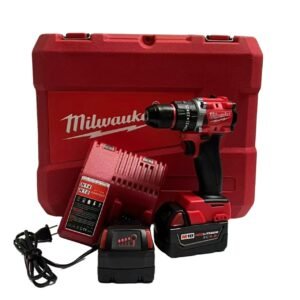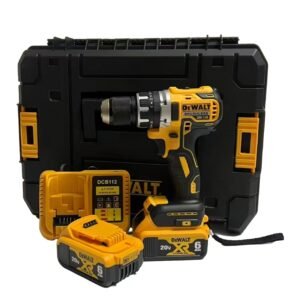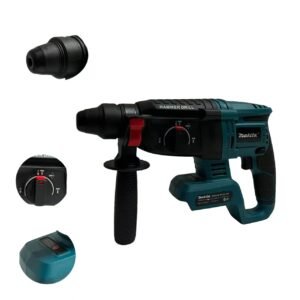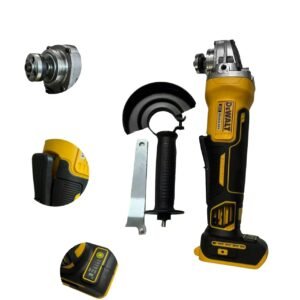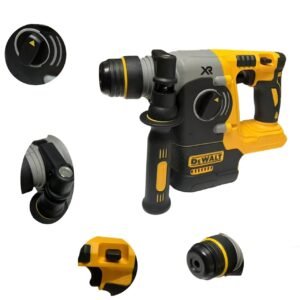Why Professionals Prefer Makita Brushless Power Tools: Five Key Reasons
In the power tool market, Makita has consistently been the preferred brand for professional craftsmen, renovation workers, and DIY enthusiasts. One of their most popular product lines is Makita brushless power tools. So, why are brushless tools more favored than traditional brushed tools? Here are five key advantages to explain why: I. Higher Efficiency and…








